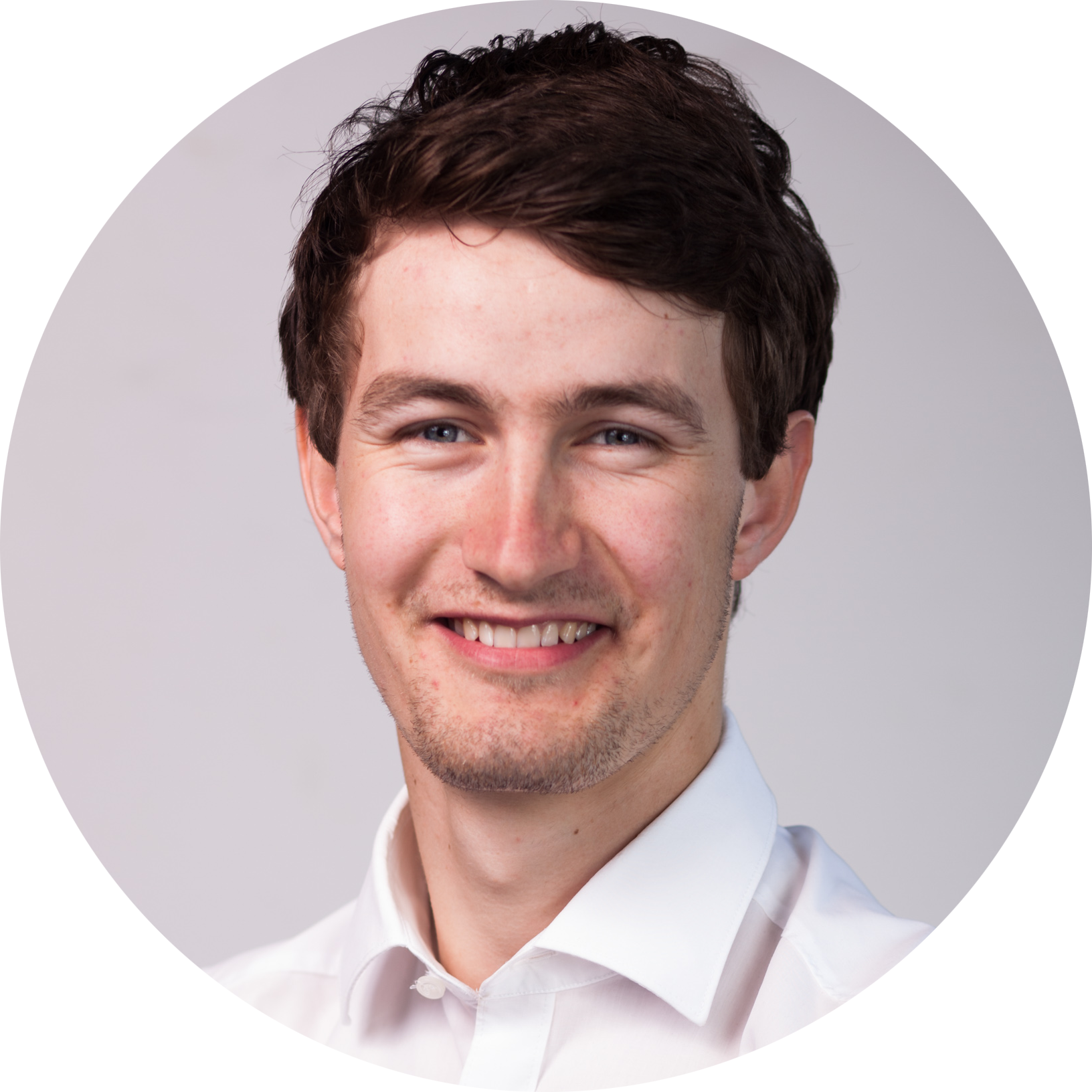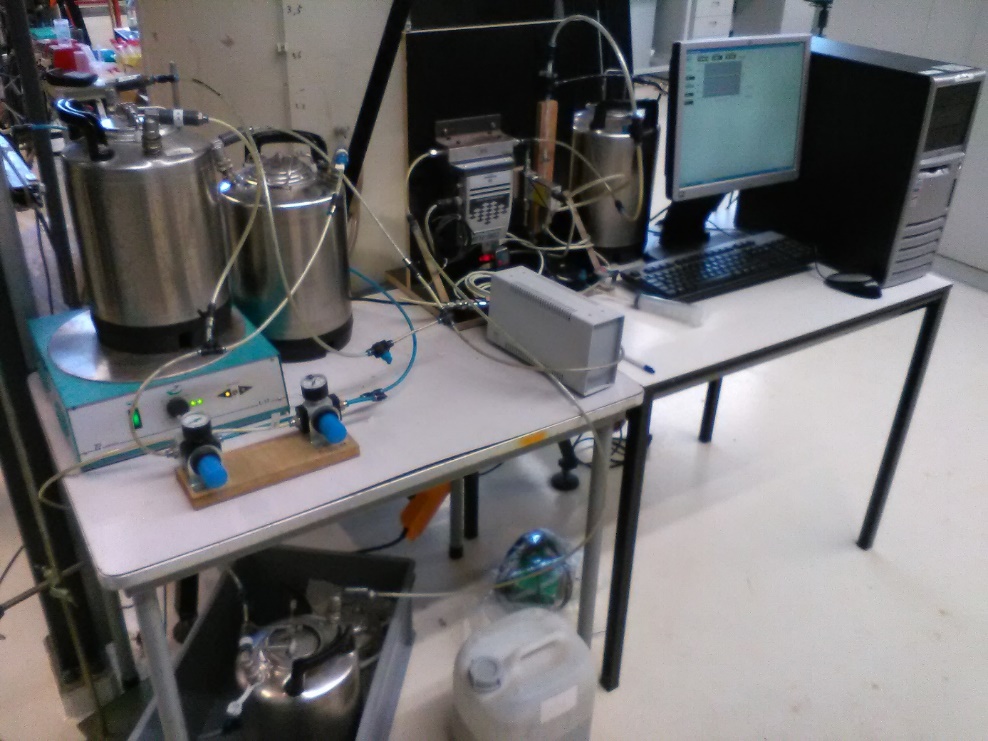Bachelor eindproject - Steve van Adrichem
Water treatment, it is not the first thing that comes to mind when thinking about Earth, Climate and Technology. Yet, it is one of the subjects you can come across in the bachelor programme. Steve van Adrichem tells us about his bachelor thesis in which he contributed to improving treatment and purification of wastewater.
Wastewater filters become clogged
“The influence of humans on the environment and the understanding of the water cycle and resource cycle fascinated me during the bachelor, therefore I wanted to do something with that for my bachelor thesis. Prof Merle de Kreuk, professor in Environmental Technology, though of a case for me which was in cooperation with Royal Haskoning. Wastewater treatment is done using filters which can become clogged by grains or flakes present in the water. How do you cleanse these filters quickly and correctly? And is it possible to predict blockages? It was up to me to investigate this process and find a solution for it.
Doing experiments with filters in the Waterlab
“I headed out to find wastewater samples from all over the country, so that I could use water with different compositions in the filters. In the Waterlab of the faculty, I ultra-filtrated the wastewater: I ran the water under high pressure through the filter. In the mean time I monitored how much water went through the filter. As the dry substance was kept in the filter, the amount of water that passed through the filter decreased over time. Then, I cleaned the filters chemically with acid. And also mechanically by changing the stream direction of the water.”
“To predict the clogging of the filters more effectively, I assessed what the impact was of the amount of dry substance in the wastewater filters. I measured this by evaporating the wastewater in an oven and weighing the remaining load, in other words the dry substance. This way I gained a better understanding of how the filters worked.”
Learning how to research
“In the end, I obtained different results than I had expected. For instance, the chemically cleaning of the filters had less effect than I had estimated. Also, it turned out that air was present in the filters which caused the resistance in the filters to be too great at times. On top of that, the most turbid water was not always the reason of the quick blocking of the filers. Luckily, I could ask advice from the people at Royal Haskoning, PhD students in the Waterlab and from professors of the faculty. Working and researching independently, as well as collaborating with all the parties involved was very fun and informative.”


